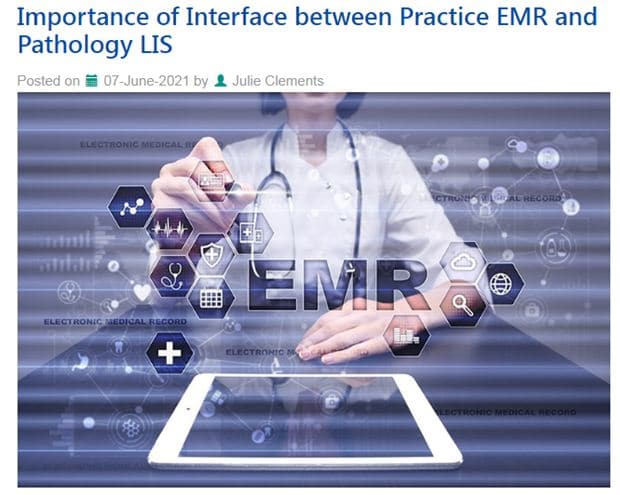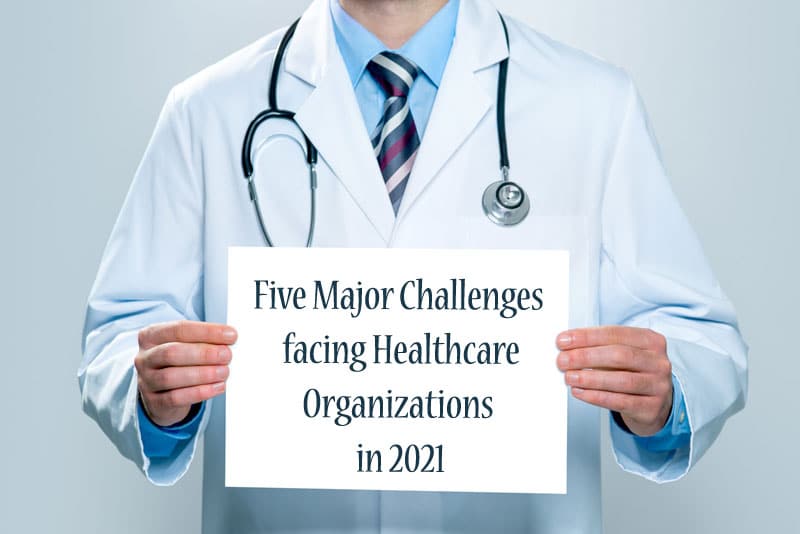The month of August is dedicated to increasing awareness regarding immunizations among the people. Of course, healthcare professionals are those who can do a good job in this regard, educating their patients on the importance of vaccinations. It is distressing that in spite of the availability of effective vaccines, many people in the US still die from vaccine-preventable diseases. This is obviously because people are not informed enough about how vaccines can help protect themselves, their family and friends from serious, even fatal infections and diseases.
Vaccinations for All Age Groups
It is every healthcare entity’s duty to stress the importance of vaccinating children who are most prone to infection. Parents have to be informed about the necessity of giving vaccines to children during the first five or six years of their life. There are immunizations to be given during their adolescent and adult years, as well as booster immunizations to be given throughout life. Vaccinations are not limited to children alone. Adults too need these shots. Here is an overview of vaccinations to be given for different age groups.
- Adults: booster shots every ten years for immunization against diphtheria and tetanus; and a onetime pneumonia shot for those aged 65 and above.
- Children: shots to protect from contracting measles, chicken pox, hepatitis and polio
- Pre-teens and teens: immunizations against diphtheria, whooping cough, tetanus, meningitis and HPV (human papillomavirus) for pre-teens; booster shot for teens against meningitis to be given at age 16
Medicare beneficiaries need to be told about the coverage offered by Medicare for pneumococcal, influenza and hepatitis B vaccines. Apart from this, healthcare professionals can also impart information regarding the vaccines available for certain diseases one may fall victim to when traveling abroad to specific parts of the world.
Protection for the Entire Community
People need to be made aware that when they go in for immunizations, they are protecting not only themselves but the entire community. This is achieved by preventing the spread of disease carrying viruses and bacteria. By getting these vital shots, they are also reducing the risk faced by those members of the community who cannot get vaccinations due to medical reasons.


